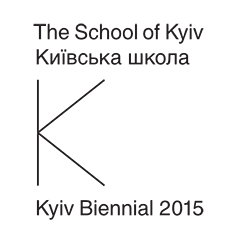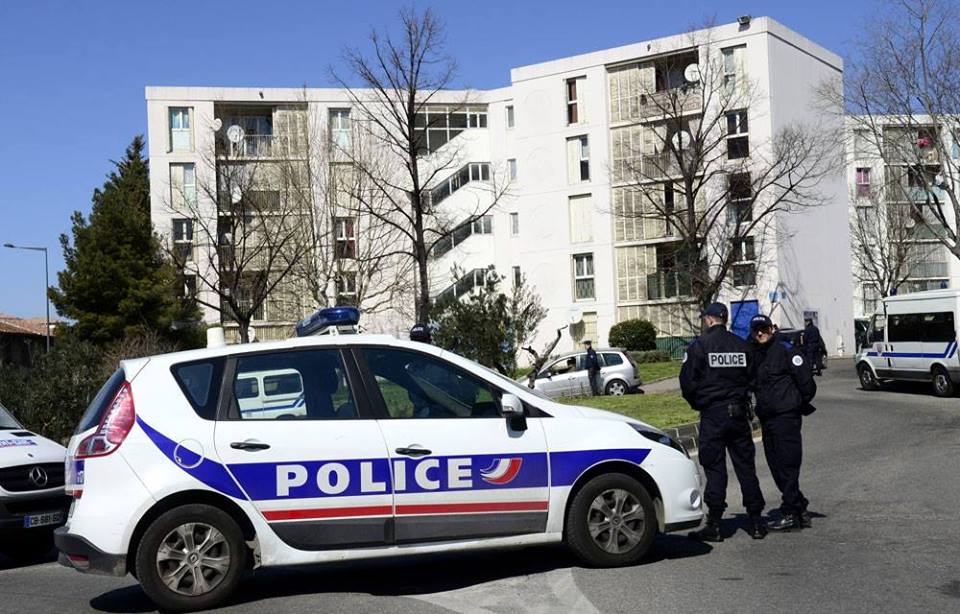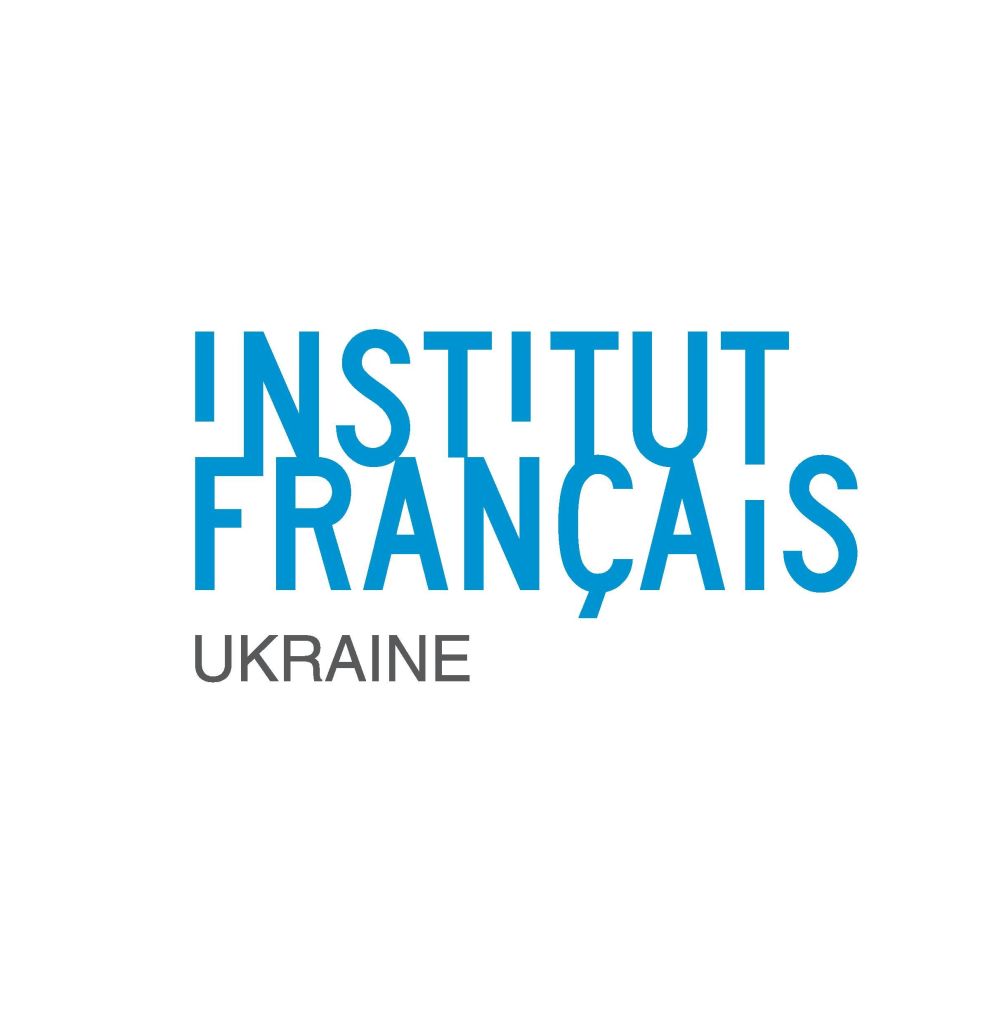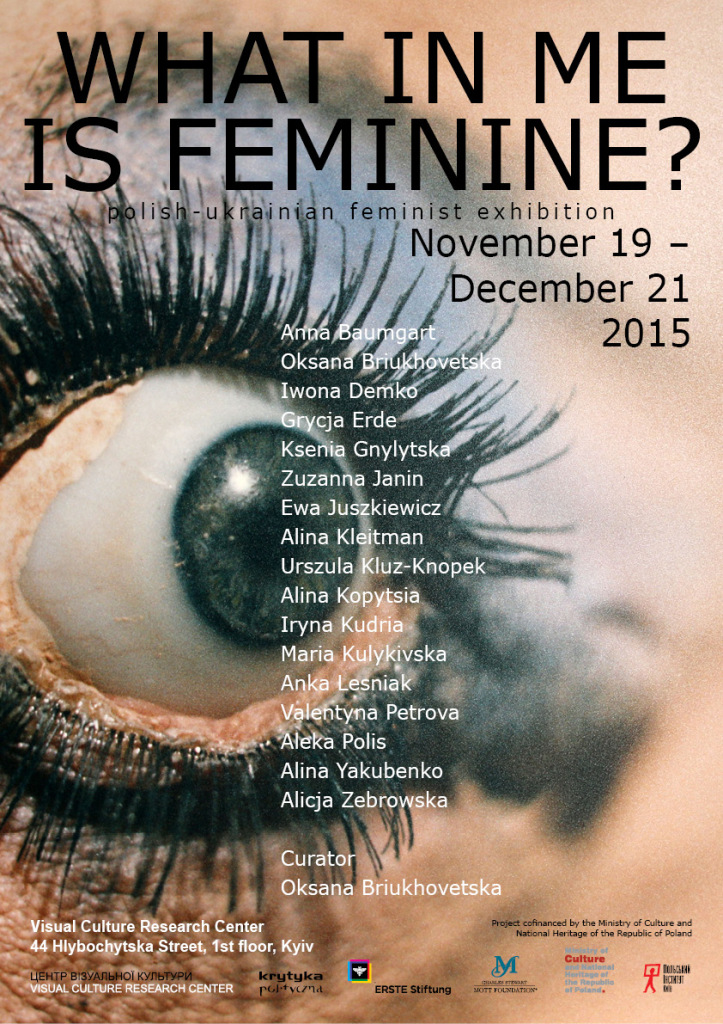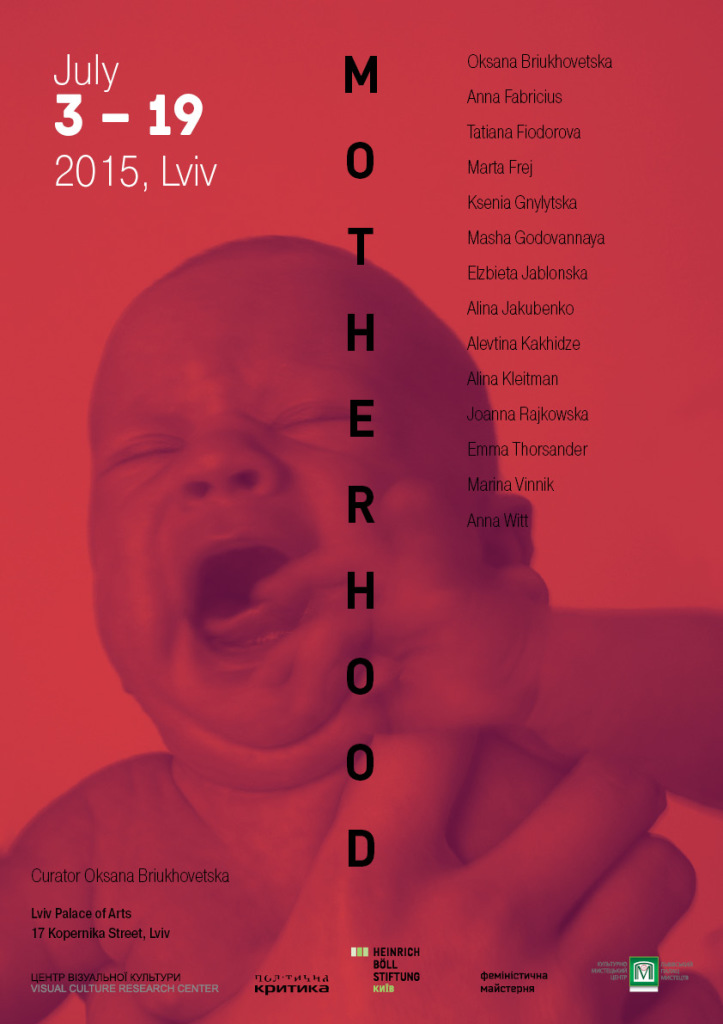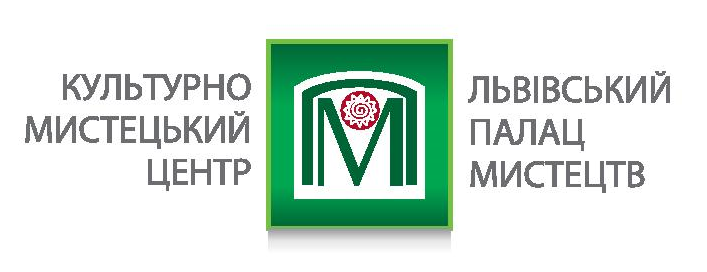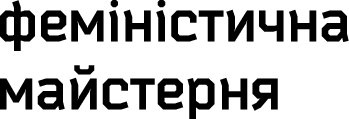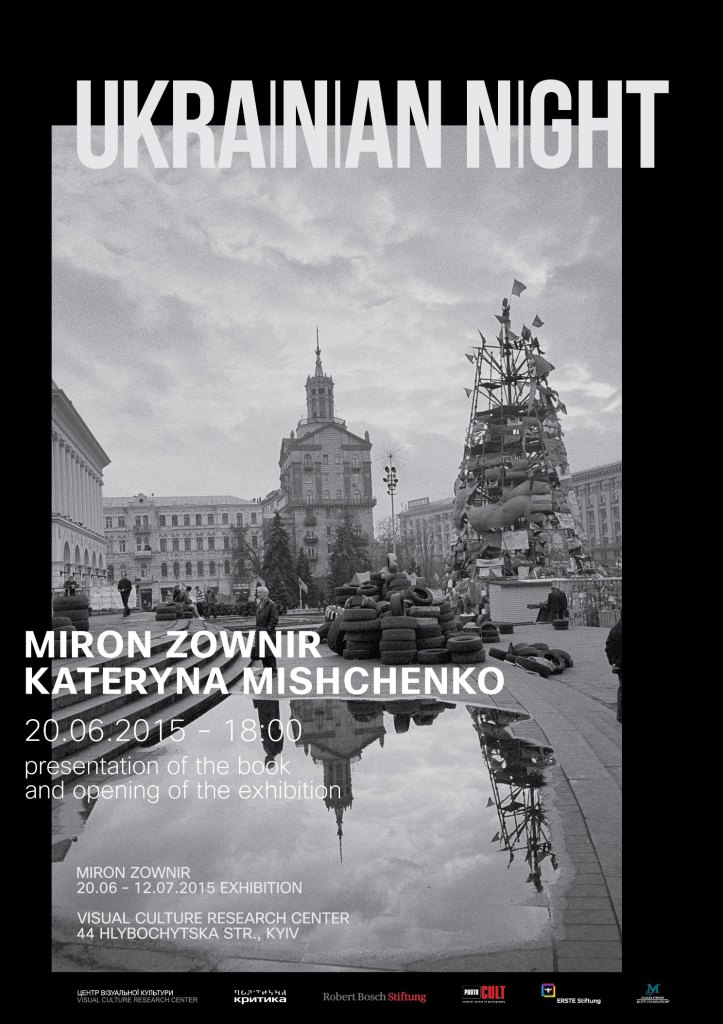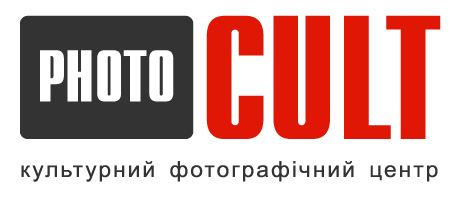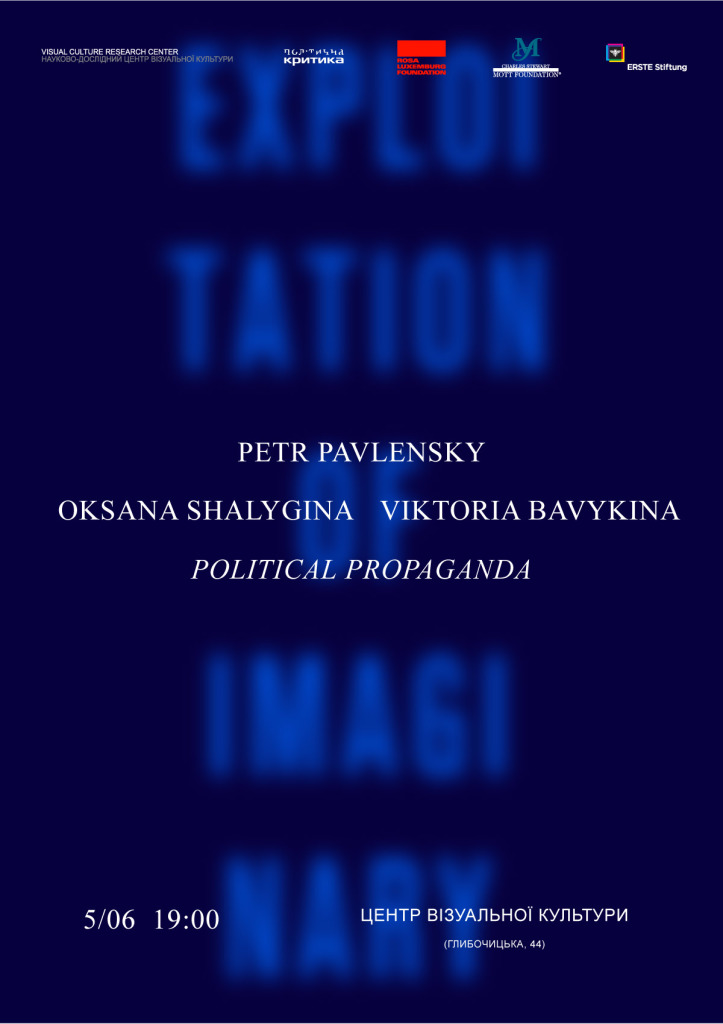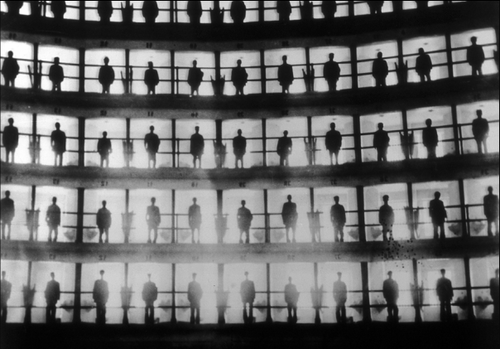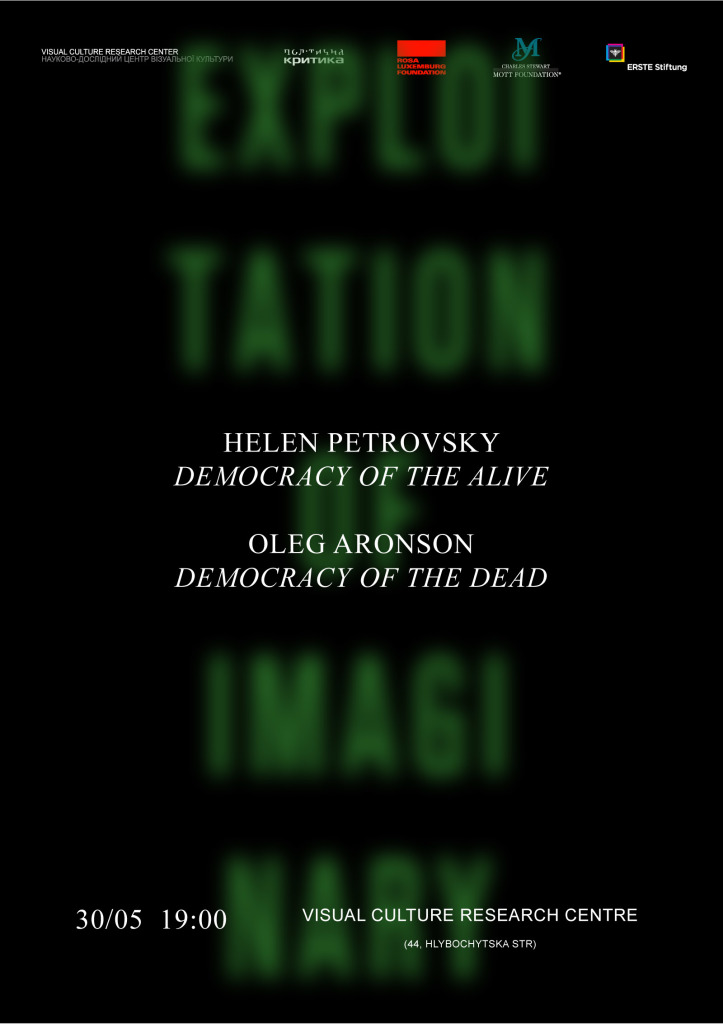Lecture by Jérémie Gauthier
Thursday, 17 December 2015, 19:00
Ethnography of Police Intrusion Practices in High Security Areas (“Sensitive” Neighborhoods) in France
Lecture by Jérémie Gauthier is based on a long term ethnographic inquiry of public security actors (police, municipality, judicial bodies) in one big French city. It strives to reconceptualize the relationship between police actions and political power. The lecturer will present strategies, chosen by the police in accordance with requirements of central authorities, through the example of the so-called Top-Priority Security Zones Reform, which is being implemented in France since 2012, and is aimed at “territorialization” of police activities by concentrating their forces in so-called sensitive areas. He will also analyze the division of power between different institutions involved in implementation of local security policies, as well as impact such reforms have on the relationship between police and residents of these “sensitive” neighborhoods.
Jérémie Gauthier is a sociologist who works at the Institute for the Interdisciplinary Research of Social Problems (IRIS-EHESS) in Paris and in Marc Bloch Franco-German Research Centre for the Social Sciences in Berlin. His research is mainly focused on the questions of police activities in France and Germany: the relationship between police and minorities, discrimination and racism on the part of police, gender dimension in the work of police, social security reform, as well as correlations of police’s rights and actions. Lately, Jérémie Gauthier has been working on the research of state policy implementation methods on the local level in France and Germany.
The lecture will take place within The School of the Displaced of The School of Kyiv – Kyiv Biennial 2015 and the frameworks of Migrations, Identities, Territories program, which is developed by the French Institute in Ukraine and presents French experience in migration research from historical, sociological, and demographical perspectives.
Working language – French, with consecutive interpretation into Ukrainian
Admission is free
Supported by ERSTE Stiftung and Charles Stewart Mott Foundation
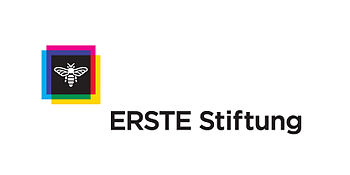
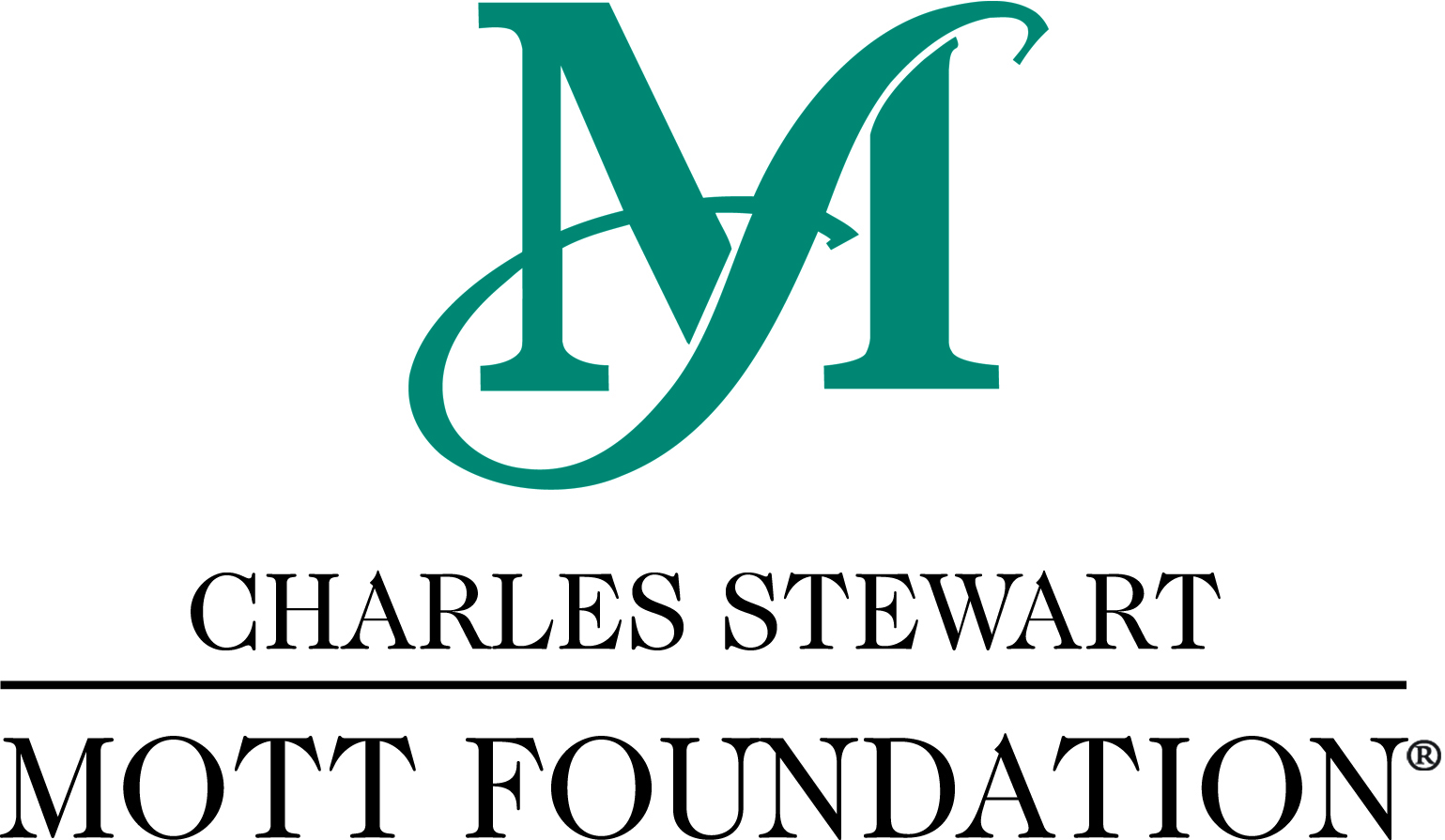
Contacts:
+38096 4929600 (Nataliya Neshevets)
www.facebook.com/vcrc.org.ua
vcrc@vcrc.org.ua
Program of Events within “What in Me Is Feminine?” Exhibition
November 19, Thursday
19:00
Opening of “What in Me Is Feminine?” Exhibition
November 20, Friday
19:00
Zuzanna Janin. In Between. About the Moment and Memory.
The artist will talk about the main topics of her works such as fragility of a human and his or her conditions of existence, memory, space, and time. She will show her video In Between (2006).
20:00
Anka Lesniak. Visible and inVisible. Feminist Art in Public Space.
The artist will show photo and video documentations of her projects that are aimed at the specificity of a site, where they take place.
Working language – English
November 21, Saturday
17:00
Alicja Zebrowska. Psycho-Penetration
The artist will focus on her artistic fascination with a human soul (psyche) and experiments with interactions between people. She will show her videos Insides, Desinfection of feelings, Infiltron, Regression, Monitoring.
18:00
Anna Baumgart. How the Trained Girls Make Love Movies
A human as a political animal is a human that has a voice to avoid invisibility. The artist will show her films: Ecstatic, Hysterical and Other Saintly Ladies, Supplement to the Piece on Mother and Motherland, and The Cranes Are Flying.
19:00
Aleka Polis. Сyclooxytocin
The artist will show the work Oxytocin # 44 about her gift for Ukraine during Maidan and also videos Muslim Rosary, After three days I will have four holes, Hylogenia.
Working language – Polish with translation
November 22, Sunday
16:00
Oksana Briukhovetska. A curator-led tour of «What in me is feminine?» exhibition
November 29, Sunday
17:00
Iwona Demko. A Forgotten Vagina Cult
The artist will give a lecture about the divine and sacred status of vagina in pre-patriarchy because of its ability to give life, and how later the vagina has been fraught with guilt and shame.
Working language – Polish with translation
December 5, Saturday
17:00
Alina Yakubenko. How It Used to Be, video (2015)
The video is comprised of anonymous interviews in which artists talk about reluctant work to earn money and the hidden side of the artists’ labor market, which generates a product called “hackwork” (“khaltura”).
December 18, Friday
19:00
Discussion Sex Work: to Allow or to Ban
The public discussion is aimed to debunk popular myths about sex work by the up-to-date research in social sciences. The reasons that motivate women to become sex workers and existing practices to regulate sex work will be at the focus of the discussion.
Participants of the discussion:
Natalia Isaieva, a spokeswoman for Legalife-Ukraine charity organization
Olena Zuckerman, an executive director of Legalife-Ukraine charity organization
Anna Dovgopol, a feminist
Moderated by Dafna Rachok.
December 21, Monday
19:00
Oksana Briukhovetska. A curator-led tour of «What in me is feminine?» exhibition
Closing of the exhibition
Supported by ERSTE Stiftung and Charles Stewart Mott Foundation


Project cofinanced by the Ministry of Culture and National Heritage of the Republic of Poland
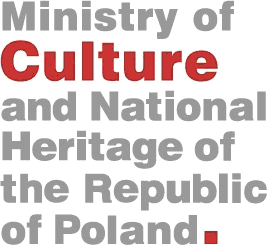
Organization partners: Krytyka Polityczna and Polish Institute in Kyiv


Contacts:
www.facebook.com/vcrc.org.ua
vcrc@vcrc.org.ua
Tetiana Mala
093 168 38 62
mala.socio@gmail.com
Anna Orekhova
050 918 65 37
a.orekhova@gmail.com
Exhibition WHAT IN ME IS FEMININE?
The Polish-Ukrainian exhibition of feminist art, dedicated to the topic of “femininity” in the society, will be held at the Visual Culture Research Center (Kyiv, 44 Hlybochytska Str., 1st floor) from November 19 to December 21.
The exhibition is open daily from 12:00 to 20:00
Day off – Monday
Today we live in a world, where realization of political demand for equality of sexes has become possible despite real or imaginary differences between them. This implies a need for comprehensive reflection on cases of discrimination, as well as an analysis of “masculine” and “feminine” constructs. When talking about the “female”, it is important to give a voice to women themselves.
The exhibition is aimed at presenting art works, through which women artists speak about the existence of women in history and at present, gender roles, as well as about women’s corporality, practices, and rituals of life.
In Poland, feminist topics have been raised in art as early as the 1970s and then had a significant surge in the 1990s. The Polish women artists thoroughly elaborate on the topic of female corporality and subjectivity. One of the landmark works of Polish feminists of the 1990s will be shown at the exhibition among the works of the last decade. The Ukrainian part of the exhibition will feature the latest works of the women artists who explore different aspects of the “feminine” and also demonstrate a poignant response to the current condition of the Ukrainian society. Gender issues in their works permeate the questions of identity, history, love, and war.
Curator
Oksana Briukhovetska
Artists
Poland: Anna Baumgart, Iwona Demko, Zuzanna Janin, Ewa Juszkiewicz, Urszula Kluz-Knopek, Anka Lesniak, Aleka Polis, Alicja Zebrowska.
Ukraine: Oksana Briukhovetska, Ksenia Gnylytska, Grycja Erde, Alina Yakubenko, Alina Kleitman, Alina Kopytsia. Iryna Kudria, Maria Kulykivska, Valentyna Petrova.
Admission is free
Supported by ERSTE Stiftung and Charles Stewart Mott Foundation


Project cofinanced by the Ministry of Culture and National Heritage of the Republic of Poland

Organization partners: Krytyka Polityczna and Polish Institute in Kyiv


Contacts:
www.facebook.com/vcrc.org.ua
vcrc@vcrc.org.ua
Tetiana Mala
093 168 38 62
mala.socio@gmail.com
Anna Orekhova
050 918 65 37
a.orekhova@gmail.com
Motherhood exhibition at Lviv Art Palace
Friday, 3 July 2015, 19:00
Opening of Motherhood exhibition at Lviv Art Palace
Visual Culture Research Center and Feminist workshop in Lviv invite you to the exhibition Motherhood, which was exposed in March at Visual Culture Research Center (Kyiv) and now will take place at Lviv Art Palace from July 3 untill 19, 2015.
Exhibition Motherhood suggests a feminist perspective on such traditional woman «function» as giving birth and raising a child. Which maternal experiences are hidden from publicity? What efforts have to be made for the sake of formation and development of a new human being? How is the topic of motherhood revealed in the work of female artists, even though giving birth often makes them put creative work on the back burner? What does the potential opportunity of becoming a mother mean to every woman? These and other issues will be questioned in the works of artists from Ukraine, Poland, Russia, Moldova, Hungary, Austria, and Sweden.
Analyzing the role and status of mothers in the society, the exhibition represents motherhood as a hard corporal and mental work that makes our existence possible. The dialogue with mothers is a dialogue with the history of one’s own life, which deserves to be a public issue.
Participants:
Oksana Briukhovetska, Anna Fabricius, Tatiana Fiodorova, Marta Frej, Ksenia Gnylytska, Masha Godovannaya, Elżbieta Jabłońska, Alina Jakubenko, Alevtina Kakhidze, Alina Kleitman, Joanna Rajkowska, Emma Thorsander, Marina Vinnik, Anna Witt
Curator
Oksana Briukhovetska
Exhibition will be open every day at the address:
Lviv Art Palace,
Lviv, 17 Kopernika Street
Open hours: 11 a. m. – 6 p. m.
Monday: CLOSED
Admission is free
Organization partner – Feminist workshop
Supported by Heinrich-Böll-Stiftung in Ukraine, Kyiv
Contacts:
+38 (093) 5536109 (Anna Khvyl)
+38 (093) 8739046 (Julia Zakoliabina)
www.facebook.com/vcrc.org.ua
vcrc@vcrc.org.ua
Presentation of the book Ukrainian Night and opening of Miron Zownir’s exhibition
Visual Culture Research Center and Political Critique invite you to a presentation of Ukrainian Night photo essay book and opening of Miron Zownir’s exhibition that will take place on Saturday, June 20, at 18:00. The exhibition will last until July 12, 2015.
Ukrainian Night is a photo essay book by Miron Zownir and Kateryna Mishchenko, which can be considered a snapshot of Ukraine that absorbed numerous stories of urban life and dramatic landscapes of different areas of the country. This is a journey to the edge of the society that is both radical and lyrical. The book was published in 2015 by a German publishing house Spector Books Leipzig in English-Ukrainian and German-Ukrainian languages.
In 2012-13 Miron Zownir and Kateryna Mishchenko travelled through Ukraine, exploring and documenting social margins and dark sides of everyday life of the country. Zownir took pictures of people, situations, urban landscapes, particularly homeless teenagers’ life in Odessa, vagrants at Kyiv railway station, drug addicts in Poltava, an orphanage in Chernivtsi, the last Ukrainian Victory Parade in Sevastopol on May 9, 2013, the devastated industrial landscape of Donbas, and finally, the Maidan in Kyiv in March 2014.
Zownir’s photography and Mishchenko’s essays form a poetic document of deep social disruptions, which can be read as an epilogue to the changes Ukraine undergoes today.
“Ukrainian Night” is the third exhibition by Miron Zownir at Visual Culture Research Center. The first exhibition in 2011 presented the best of Zownir’s works, made during the last 30 years, and was complemented by a retrospective of his films. The second exhibition “Okraїna” in 2012 presented photos from Kyiv, Łódź, Moscow, and Warsaw, and was devoted to “citizens of the margins,” urban outcasts rejected by the societies of Eastern Europe.
About the authors:
Miron Zownir is a photographer, writer and film director. He was born in Karlsruhe (Germany) in 1953 to a Ukrainian father and German mother. In the age of 20 he went to Berlin, where he independently taught himself to photograph and took pictures of active at that time punk movement. In 1980 he moved to the US and lived in New York, Los Angeles, and Pittsburgh for 15 years. There he made expressionist portraits of social outsiders. International exhibitions and publications revealed his stylistic closeness to such avant-garde artists as Nan Goldin and Cindy Sherman. In 1998 his photo-book Radical Eye was published, in 2010 – The Valley of the Shadow (both in Gestalten publishing house).
Kateryna Mishchenko is an essayist, publisher and translator, who lives in Kyiv. She is a co-founder and editor of independent publishing house “MEDUSA”. She taught literary history in Kyiv Linguistic University, worked as a translator and coordinator in social and human rights sphere, edited Prostory magazine. Mishchenko translates German literature (Alfred Döblin, Durs Grünbein, Günther Brus), academic and philosophic texts (Theodor Adorno, Walter Benjamin, Keti Chukhrov). Her essays were published in Ukrainian and international magazines, as well as in anthologies by German publishing house Suhrkamp, devoted to the Euromaidan and military conflict in the Donetsk and Luhansk regions.
Admission is free
A journey through Ukraine, preparation of book materials and its presentation take place within the framework of the Grenzgänger program, supported by Robert Bosch Stiftung
![]()
Supported by ERSTE Stiftung and Charles Stewart Mott Foundation


Visual Culture Research Center (VCRC) was founded in 2008 as a platform for collaboration between academic, artistic, and activist communities. VCRC is an independent initiative, which is engaged in publishing and artistic activities, scientific research, organization of public lectures, discussions, and conferences. In 2015 Visual Culture Research Center received the European Cultural Foundation’s Princess Margriet Award.
Visual Culture Research Center (44 Hlybochytska Street (1st floor), Kyiv)
Contacts:
+38096 4929600 (Nataliya Neshevets)
www.facebook.com/vcrc.org.ua
vcrc@vcrc.org.ua
Presentation of the publishing project “POLITICAL PROPAGANDA”
Friday, 5 June 2015, 19:00
Visual Culture Research Center (44 Hlybochytska Street (1st floor), Kyiv)
Visual Culture Research Center and Political Critique invite you to the presentation of publishing project “POLITICAL PROPAGANDA”, which will take place on Friday, 5 June, at 19:00.
Oksana Shalygina, Petr Pavlensky and Viktoria Bavykina will present the “POLITICAL PROPAGANDA” publishing house. “POLITICAL PROPAGANDA” is an independent information platform, which covers problems of contemporary art in political context. Particular attention will be drawn to the latest issue of the same-name magazine. “This issue tells the brutal story of victim production plant. Sexual exploitation, free labour, and funding of their possessors is something that the victims are forced to do in the process of reworking”. – PP. The “plant” example and personal life experience will help the editors to explain why is personal always political.
Oksana Shalygina is a publisher and editor-in chief of “POLITICAL PROPAGANDA” publishing house. Petr Pavlensky is an artist. Viktoria Bavykina is a head of “POLITICAL PROPAGANDA” publishing house.
The lecture will take place at Visual Culture Research Center within the frameworks of the exhibition “Some Say You Can Find Happiness There” and “Exploitation of the Imaginary” project (May 20 – June 15, 2015).
Admission is free
The project is supported by Rosa Luxemburg Stiftung
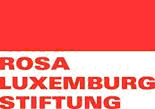
Supported by ERSTE Stiftung and Charles Stewart Mott Foundation


Visual Culture Research Center (VCRC) was founded in 2008 as a platform for collaboration between academic, artistic, and activist communities. VCRC is an independent initiative, which is engaged in publishing and artistic activities, scientific research, organization of public lectures, discussions, and conferences. In 2015 Visual Culture Research Center received the European Cultural Foundation’s Princess Margriet Award.
Visual Culture Research Center (44 Hlybochytska Street (1st floor), Kyiv)
Contacts:
+38096 4929600 (Nataliya Neshevets)
www.facebook.com/vcrc.org.ua
vcrc@vcrc.org.ua
Lecture by Katarzyna Szymielewicz
Thursday, 4 May 2015, 19:00
The Internet after Snowden: Do We Have Something to Hide?
Visual Culture Research Center (44 Hlybochytska Street (1st floor), Kyiv)
On Thursday, 4 June, at 19:00 the lecture by Internet security researcher Katarzyna Szymielewicz will take place at Visual Culture Research Center.
What have we learned from Edward Snowden about contemporary methods of surveillance? What is the problem with protection of privacy in the “society of the spectacle”, where we continually expose our lives to others? What is the role of private capital in the system of control over our communication and life in the network? To which threats on the part of private corporations leads the loss of control over data? Can freedom be the price we pay for security? What is to be done for keeping control over information and freedom in the digital world?
Katarzyna Szymielewicz is a researcher of Internet security, author, and lawyer. She is a Head of Panoptykon Foundation (Warsaw), which deals with the protection of Internet user’s rights. She was one of the initiators of European movement against ACTA agreement.
More information: https://en.panoptykon.org/
Working language – English
Admission is free
On Friday, 5 June, from 10:00 to 14:00 Katarzyna Szymielewicz will hold a workshop on theory and practice of Internet security. Main issues to be discussed during workshop:
– Definition of privacy (what can be considered private / vulnerable?);
– Mapping of contexts in which we publish personal information (work, life in the network, relations with the state); identification of subjects, who have / might have the access to such information, as well as related risks;
– What is the essence of profiling based on our Internet data, and in what way it threatens political activists;
– Review of alternative (secure) communication services.
In order to participate in the workshop, please send the motivation letter to the address vcrc@vcrc.org.ua.
Supported by ERSTE Stiftung and Charles Stewart Mott Foundation


Visual Culture Research Center (VCRC) was founded in 2008 as a platform for collaboration between academic, artistic, and activist communities. VCRC is an independent initiative, which is engaged in publishing and artistic activities, scientific research, organization of public lectures, discussions, and conferences. In 2015 Visual Culture Research Center received the European Cultural Foundation’s Princess Margriet Award.
Contacts:
+38096 4929600 (Nataliya Neshevets)
www.facebook.com/vcrc.org.ua
vcrc@vcrc.org.ua
Presentation of the latest issue of “Siniy Divan” magazine
Sunday, 31 May 2015, 19:00
Presentation of the latest issue of “Siniy Divan” magazine
with participation of
Oleg Aronson and Helen Petrovsky
Visual Culture Research Center (44 Hlybochytska Street (1st floor), Kyiv)
Visual Culture Research Center and Political Critique invite you to the presentation of the latest issue of “Siniy Divan” magazine, which will take place on Sunday, 31 May, at 19:00.
The latest issue of “Siniy Divan” magazine is devoted to the event of Maidan in Ukraine, the notion of contemporary democracy, and exploration of new political topology.
Is democracy, in particular absolute democracy, possible today? Protest movements, which began in 2011 all over the world, as well as events on Maidan pose a problem of direct popular rule. The authors of the issue – Ukrainian, Russian, American, and Italian researchers and philosophers – reflect on the problem of the subject in contemporary protest movements, on political time in which this subject is placed, with which values and why it identifies.
“Siniy Divan” magazine has been published under the editorship of Helen Petrovsky since 2002. The magazine focuses on contemporary philosophy, contemporary art, film and media studies, visual studies etc.
Oleg Aronson is an art historian, film and media theorist, philosopher. He is a fellow researcher at the Institute of Philosophy (Russian Academy of Sciences).
Helen Petrovsky is a philosopher, anthropologist, cultural theorist. She is editor-in-chief of “Siniy Divan” magazine.
Lectures will take place at Visual Culture Research Center within the frameworks of the exhibition “Some Say You Can Find Happiness There” and “Exploitation of the Imaginary” project (May 20 – June 15, 2015).
Admission is free
The project is supported by Rosa Luxemburg Stiftung

Supported by ERSTE Stiftung and Charles Stewart Mott Foundation


Visual Culture Research Center (VCRC) was founded in 2008 as a platform for collaboration between academic, artistic, and activist communities. VCRC is an independent initiative, which is engaged in publishing and artistic activities, scientific research, organization of public lectures, discussions, and conferences. In 2015 Visual Culture Research Center received the European Cultural Foundation’s Princess Margriet Award.
Visual Culture Research Center (44 Hlybochytska Street (1st floor), Kyiv)
Contacts:
+38096 4929600 (Nataliya Neshevets)
www.facebook.com/vcrc.org.ua
vcrc@vcrc.org.ua
Oleg Aronson and Helen Petrovsky
Saturday, 30 May 2015, 19:00
“Democracy of the Dead” and “Democracy of the Alive”
Visual Culture Research Center (44 Hlybochytska Street (1st floor), Kyiv)
Visual Culture Research Center and Political Critique invite you to the lectures by Oleg Aronson and Helen Petrovsky, which will take place on Saturday, May 30, at 19:00.
Democracy is usually understood as a form of political rule. However, even in such terms it is quite unstable, contradictory and looks rather like a social utopia than effective political mechanism. Moreover, democratic rhetoric, which refers to the values of liberty, equality, and justice, became a part of contemporary politics, a way of its self-representation. Meanwhile, we can conceive democracy in a different way – by pointing to some of its manifestations, which are resistant to politics and even incompatible with it. Oleg Aronson and Helen Pertovsky will address these issues in their short lectures – “Democracy of the Dead” (about the relation of democracy to war and formation of mass society) and “Democracy of the Alive” (about the logic of multitude, in which action confronts political imagination).
Oleg Aronson is an art historian, film and media theorist, philosopher. He is a fellow researcher at the Institute of Philosophy (Russian Academy of Sciences).
Helen Petrovsky is a philosopher, anthropologist, cultural theorist. She is editor-in-chief of “Siniy Divan” magazine.
Lectures will take place at Visual Culture Research Center within the frameworks of the exhibition “Some Say You Can Find Happiness There” and “Exploitation of the Imaginary” project (May 20 – June 15, 2015).
Admission is free
The project is supported by Rosa Luxemburg Stiftung

Supported by ERSTE Stiftung and Charles Stewart Mott Foundation


Visual Culture Research Center (VCRC) was founded in 2008 as a platform for collaboration between academic, artistic, and activist communities. VCRC is an independent initiative, which is engaged in publishing and artistic activities, scientific research, organization of public lectures, discussions, and conferences. In 2015 Visual Culture Research Center received the European Cultural Foundation’s Princess Margriet Award.
Visual Culture Research Center (44 Hlybochytska Street (1st floor), Kyiv)
Contacts:
+38096 4929600 (Nataliya Neshevets)
www.facebook.com/vcrc.org.ua
vcrc@vcrc.org.ua
Lecture by Wilfried Jilge
Friday, 29 May 2015, 19:00
Memory of World War II in the Shadow of the “Russkij Mir”
The Politics of History and Collective Remebrance Cultures in Ukraine from Janukovych’s Rule to the War in the Donbass
Visual Culture Research Center (44 Hlybochytska Street (1st floor), Kyiv)
Visual Culture Research Center and Political Critique invite you to a lecture by German historian Wilfried Jilge, which will take place on Friday, May 29, at 19:00.
The central subject of this lecture is the analysis of functions of the politics of history by means of the memory about World War II. Politics of history became a key element in the information warfare unleashed by Russian state controlled mass media against the protests on the Maidan in Kyiv. The central “projection screen” of that information warfare which presented the change of power in Kyiv in February 2014 as an “fascist coup” was the exploitation of a softly modified Soviet myth of the “Great Fatherland’s War”.
But one also has to include factors of Ukraine’s domestic politics as well as the politics of identities of the last years (including the nationalist re-evaluation of the war memory under the presidency of Viktor Yushchenko) in order to precisely understand the effects of the Russian propaganda. Wilfried Jilge argues that these were regional elites that created the basis for separatist attitudes, which were later mobilized by the ideologists of “Russkij Mir”.
Wilfried Jilge is a historian, lecturer at the University of Leipzig and associated researcher at the Center for Governance and Culture in Europe at the University of St. Gallen. He is a specialist in Ukrainian contemporary history and politics. His main fields of research are e.g. nationalism in East and Central Europe, particularly, in Ukraine and Russia, the analysis of the politics of history and identity in post-Soviet Ukraine, especially by means of the memory of World War II, collective and regional remembrance cultures and identities in Ukraine, the history of post-Stalinist Soviet Ukraine as well as political studies on today’s European/German-Ukrainian relations.
Wilfried Jilge also works in the field of political consulting for members of the German and European parliament and has been a member in expert groups working out strategies to stabilize the Ukrainian state during the Russian-Ukrainian crisis.
Admission is free
The lecture will take place as a part of the educational project “Revenge of Memory: World War II in Political and Cultural Narratives”. The project aims to conceptualize World War II discourses, which are perceived through the recent events in Ukraine, to analyze political, rhetorical, and media strategies that use historical experience of the war, as well as to produce new ways of shaping post-war experience.
The project is supported by Heinrich Böll Stiftung (Kyiv)
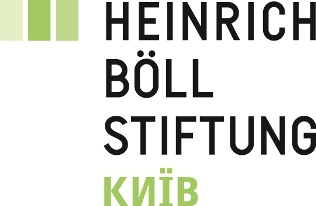
Supported by ERSTE Stiftung and Charles Stewart Mott Foundation


Visual Culture Research Center (VCRC) was founded in 2008 as a platform for collaboration between academic, artistic, and activist communities. VCRC is an independent initiative, which is engaged in publishing and artistic activities, scientific research, organization of public lectures, discussions, and conferences. In 2015 Visual Culture Research Center received the European Cultural Foundation’s Princess Margriet Award.
Visual Culture Research Center (44 Hlybochytska Street (1st floor), Kyiv)
Contacts:
+38096 4929600 (Nataliya Neshevets)
www.facebook.com/vcrc.org.ua
vcrc@vcrc.org.ua

